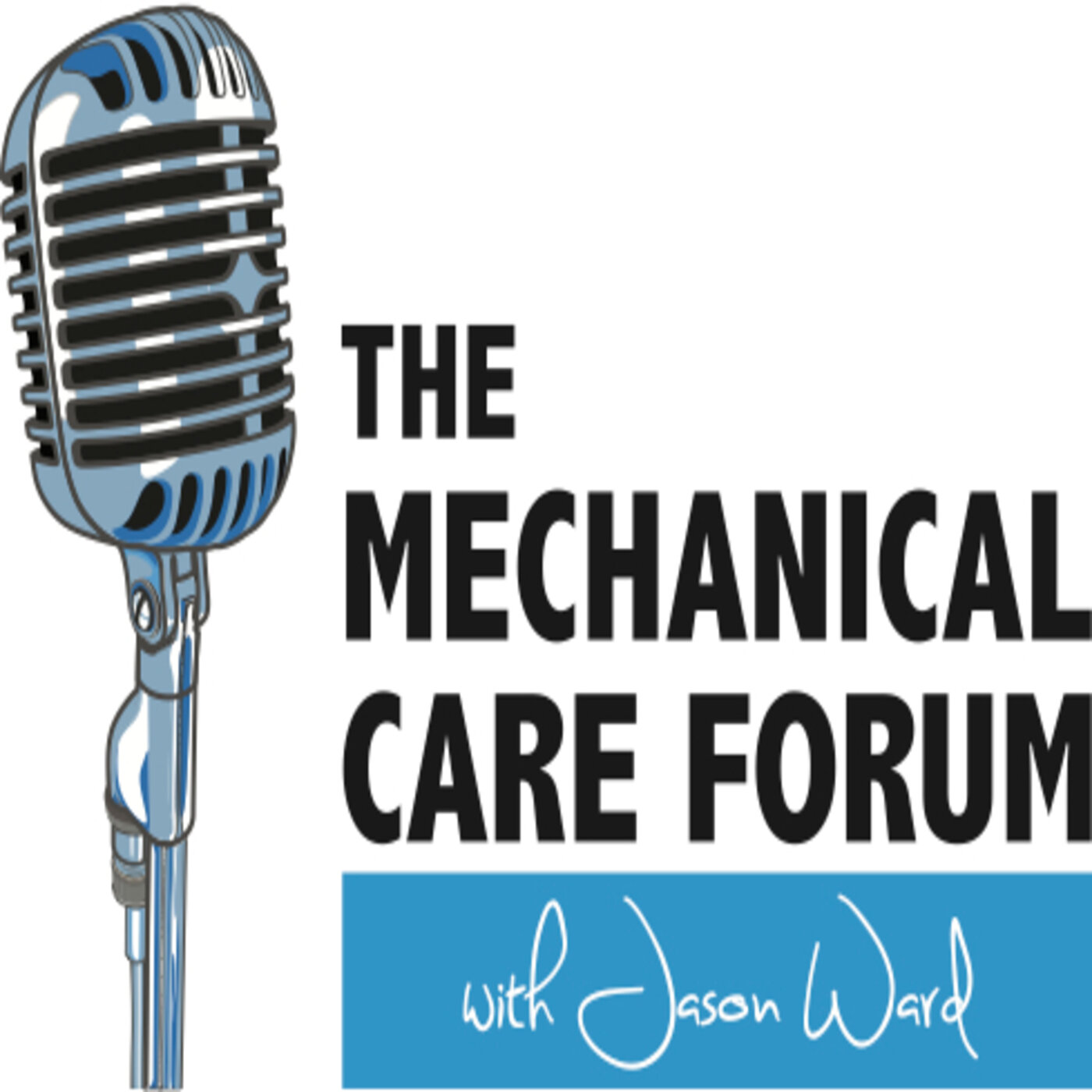In episode 7 of season 6 of Inside the Science we’re highlighting the study, “ Multi-centre randomised controlled trial comparing arthroscopic hip surgery to physiotherapist-led care for femoroacetabular impingement (FAI) syndrome on hip cartilage metabolism: the Australian FASHIoN trial” with Dr. David Hunter. He explain what exactly was measured and how, how the primary outcome of joint cartilage status and change was used to control placebo effect, how we should interpret this in everyday clinical consideration, what actually was favored between arthroscopy and physiotherapy-led care, the clinical implications and the big takeaways.
Season 6, Episode 4 with David Hunter: Is a stepped-care intervention effective in overweight and obese people with medial tibiofemoral osteoarthritis? A randomized controlled trial
In episode 4 of season 6 of Inside the Science we’re highlighting the study, “Is a stepped-care intervention effective in overweight and obese people with medial tibiofemoral osteoarthritis? A randomized controlled trial” with Dr. David Hunter. He explains what prompted this work, how this study attempted to mimic clinical practice, why the criteria of subjects being obese was included, more on the methods, how subjects were stepped into the second phase, what qualified as disease remission, the clinical implications and the big takeaways.
Season 6, Episode 2 with David Hunter: Effect of Intra-articular Platelet-Rich Plasma vs Placebo Injection on Pain and Medial Tibial Cartilage Volume in Patients With Knee OA. The RESTORE RCT
In episode 2 of season 6 of Inside the Science we’re highlighting the study, “Effect of Intra-articular Platelet-Rich Plasma vs Placebo Injection on Pain and Medial Tibial Cartilage Volume in Patients With Knee Osteoarthritis The RESTORE Randomized Clinical Trial” with Dr. David Hunter. He explains what the previous literature suggested about PRP injections, what the treatment is, technically and theoretically, proposed to do, how there are a lot of studies which have shown positive effects but that most of that data is of poor quality. He also shares the clinical implications for interventionists and conservative care clinicians and the big takeaways.
